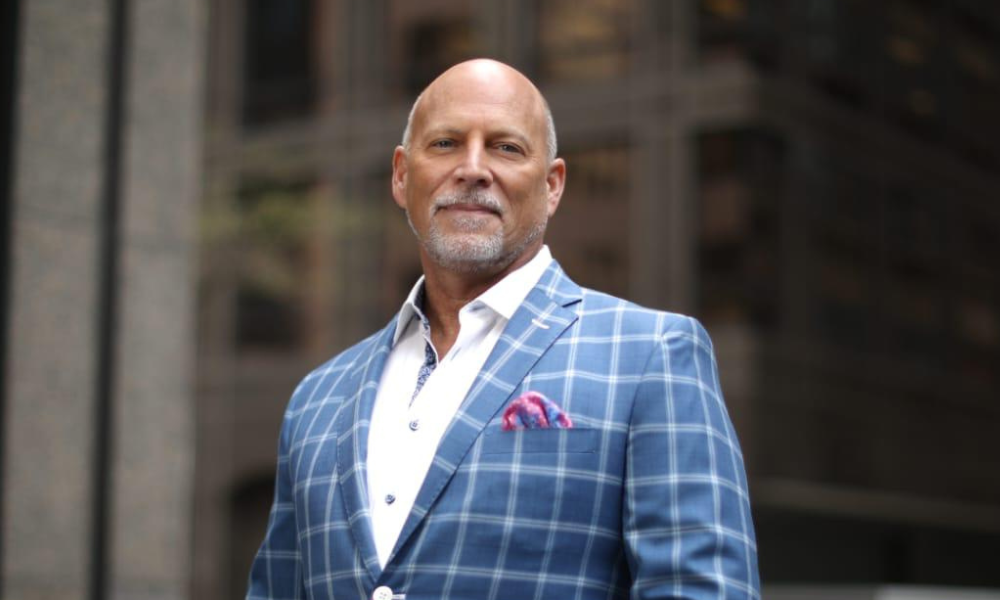In this article, we determine whether you are a fiduciary, as well as outline the responsibilities—and the risks

The fiduciary standard has gotten a lot of attention in recent years in the United States. In 2018, the Department of Labour’s rule requiring advisors to act in the best interests of their clients was denied by an appeals court.
The most interesting aspect of the debate on these standards is not whether a fiduciary standard will ever be applied, but the increase in public awareness for this issue. As more retail investors become aware of the different standards, it is important for you to be prepared to answer the inevitable question: Are you a fiduciary?
What is the fiduciary standard?
Many investors assume financial advisers have a duty to act in their best interests. That is not necessarily true. The requirement in Ontario, for example, is to act "fairly, honestly and in good faith" which is known as the duty-of-care model.
The fiduciary standard is much stricter than the "suitability standard" that applies to brokers, insurance agents, and other financial professionals. The suitability standard only requires that as long as an investment objective meets a client's needs and objectives, it is appropriate to recommend to clients. A fiduciary duty is a commitment to put the clients' best interest first.
Canadian regulators have been reluctant to move to an industry-wide fiduciary standard. This is partly because some of the new standards being proposed in other countries have been in place in Canada for some time.
The existing duties and obligations imposed on investment professionals, together with the rules developed through the CRM project, provide investors with significant safeguards in their financial dealings with registered investment professionals.
As it stands, the only Canadian financial professionals who are under fiduciary obligations to act in the best interests of clients are those registered as portfolio managers with discretionary authority over their clients’ accounts.
Fiduciary: Two registration categories
Canadian securities regulations place different standards of care upon financial advisors depending on how they act on behalf of their clients. Currently, there is no single standard that applies to all advisors. Advisors fall under these two registration categories on the Canadian Securities Administrators’ national registry search:
Dealing Representative: This category includes virtually all investment financial advisors. Regulations only require them to ensure that the investments they recommend are suitable for their clients.
Advising Representative: Held to a fiduciary standard.
This lack of uniformity can create a fundamental misunderstanding between the expectations of investors regarding the duty that is owed to them by their financial advisors.
If nothing else, the fiduciary duty debate has increased public awareness. Now, more than ever, prospects are questioning not only the qualifications of advisors, but also how they are compensated as well as their philosophy on how they run their practice. A prospect wants to know if you are truly serving their needs or are you pushing products.
What makes fiduciaries unique?
Fiduciaries are different from other financial advisors structurally, philosophically and legally.
Due to the extensive requirements it takes to become a Portfolio Manager (including qualifications and experience,) it is unrealistic for most advisors to get registered as such. So, the reality is that most advisors cannot say they are bound by fiduciary standards.
There is a way to address this which would give your clients peace of mind. Advisors who outsource portfolio management and compliance responsibilities to a discretionary Portfolio Manager like Provisus Wealth Management can assure their clients that they are being cared for by money managers with a fiduciary responsibility to act in their best interests.
What it means to be a fiduciary
A fiduciary is a person who manages property or money for someone else. If you are named a fiduciary, and accept the role, you are required by law to manage your client’s property and money for their benefit, not yours.
A family member or a friend can name you as their fiduciary to help them manage their property or money. This often happens if they are unable to. In that case, they could name you their fiduciary through a power of attorney (POA). If you go this route, you must follow the instructions and perform the duties in accordance with the POA terms.
Fiduciary: basic duties
If you take on the role of fiduciary, you have a few basic duties. These include:
- Act in their best interest: Remember: you are dealing with someone else’s money and property. It is therefore your duty to make decisions that will benefit them—and not you.
- Careful management: Carefully managing money includes paying bills, overseeing bank accounts, and paying for anything they may require. Additionally, you may have to pay taxes, collect unpaid debts or rent, make investments, and get insurance.
- Separate property and money: It is important to never mix their property or money with your own or anyone else’s. Confusing records can land you in hot water with the police or government agencies.
- Keep records: This last duty is not just about keeping records—you must keep complete records of their property and money. Otherwise, you may face legal consequences.
How do fiduciaries get paid?
For overseeing a client’s portfolio, fiduciaries typically collect fixed fees, commissions, or a percentage based on assets under management, or AUM. It is, however, to remember that fiduciary relationships are found in numerous fields. For instance, a doctor is a fiduciary to a patient and an accountant is a fiduciary to their client. Because the fields are so different, fiduciaries’ form of payment is dependent on the practices in their industry.
Why does someone need a fiduciary?
Someone may need a fiduciary to act on their behalf, in terms of managing property and/or money. A fiduciary can be a person or an organization. They must put their clients’ interests before their own and are duty-bound to preserve trust and good faith. The requirements for a fiduciary are to act, ethically and legally, in the best interests of their client.
A fiduciary can mean being responsible for the general well-being of another person—such as the legal guardian of a child, for instance. In this context, however, we’re talking about finance. Examples of professions that come with fiduciary responsibility include money managers, financial advisors, and banks.
What are the risks of being a fiduciary?
Fiduciaries must act prudently. This includes following terms of plan documents and avoiding any conflicts of interest. These are the major risks of being a fiduciary.
If you are a fiduciary and do not follow those principles of conduct, you will be held personally liable. You will have to restore losses to the plan or to restore any profits made through the improper assets.
Fiduciary: closing thoughts
A fiduciary is a person or an organization who is legally obligated to act in the best financial interests of another person. Before agreeing to act as a fiduciary, or for taking on a fiduciary, it is important to understand everything you can about the role. It is also important to understand the risks.
How is your experience understanding the role of fiduciary? Did you find this guide useful? Let us know in the comment section below.
**This article has been updated as of October 4, 2023

.jpg)


